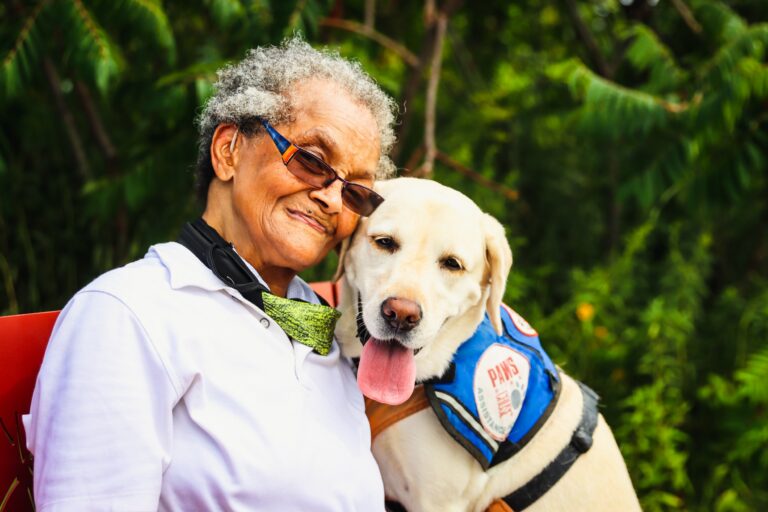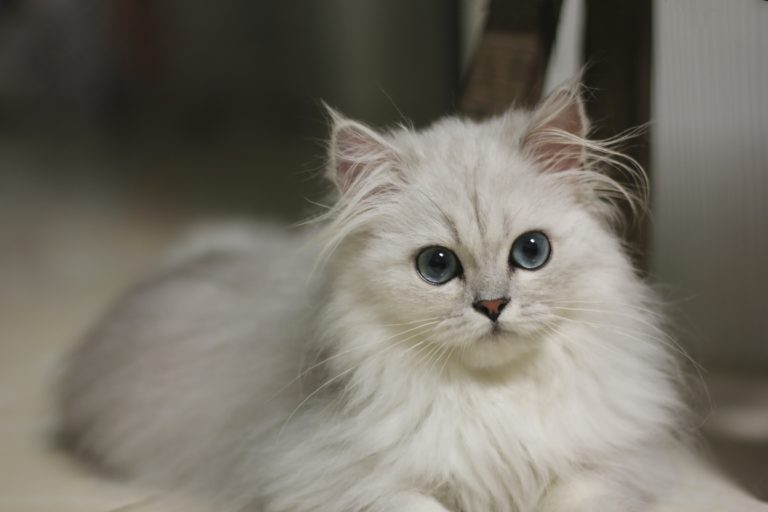
Should My Pet Be in My Will?
Most of us love our pets like family, yet chances are you haven’t made a plan for your pets if you become incapacitated or die before they do. This is mainly because it’s unpleasant to consider, according to a recent article from The Washington Post, “What would happen to your pets if you weren’t here?”
In generations past, pets lived in the barn or mostly outside. They ate table scraps and whatever they could catch. Pets now have their own beds, go on family vacation, and are often seen at restaurants, hotels and airports. Americans spent an estimated $143.6 billion this year on pet care.
Contemplating your own death is unpleasant, as is considering your death and distribution of all your assets. However, having a conversation about your pets can give you the peace of mind of knowing your beloved animal companions will be cared for after you have passed or if you cannot care for them.
The problem is, if no plans have been made for the pet, they could end up in a shelter and, worse, be euthanized. This particularly concerns older pets, who are far less likely to be adopted than younger animals.
The first step is deciding who you would want to care for your pets. Who would take your dog or cat? This changes over time, as people in their 40s might think their parents will take their pets. However, ten or twenty years later, their parents will probably not be able to take on caregiving.
Next, have a detailed conversation with the person or people you want to take care of your pets. Is their lifestyle and living situation pet-friendly, and would it suit your pet? Talk with them about your pet’s health history, daily routines, like, and dislikes.
You’ll need a budget for your pet’s care. Add up their basic monthly costs, like food, treats, flea and tick prevention medications, then add in vet check-ups and shots, licensing fees and boarding costs. Build in increasing veterinary expenses, which increase as pets age, just like people. The total will be vital to calculating how much money you’ll need to set aside for your pet’s future care.
Under the law, pets are considered property, so you can’t leave them assets in your will. However, you can establish a trust for your pet, an enforceable legal arrangement for them in the event of your death or incapacity. The pet trust is a stand-alone document. However, estate planning attorneys recommend including a clause about it in your last will and testament to ensure that the people involved know about it and that your estate will adequately fund it.
Wills can take months or years to wind through the probate process, leaving your pet in limbo during this time. A trust is effective as soon as a death certificate is ready.
Your estate planning attorney can help create a pet trust. Then, you’ll need two roles: a trustee to manage and distribute funds and a custodian to receive the funds and use them to house and care for your pet. One person could fill both roles, or you could name a person to handle each of the two roles.
Pet trusts are typically set up as inter vivos trusts, also known as revocable or living trusts. They become effective upon your death or if you become seriously ill or injured. Trusts are set up like any other trust, except the beneficiary is an animal. All fifty states recognize some form of a pet trust.
Because your pets’ needs and the people you’ve assigned as trustees and guardians may change over time, reviewing the pet trust regularly is a good idea. The same is true of your overall estate plan.
Reference: The Washington Post (Dec. 5, 2023) “What would happen to your pets if you weren’t here?”







